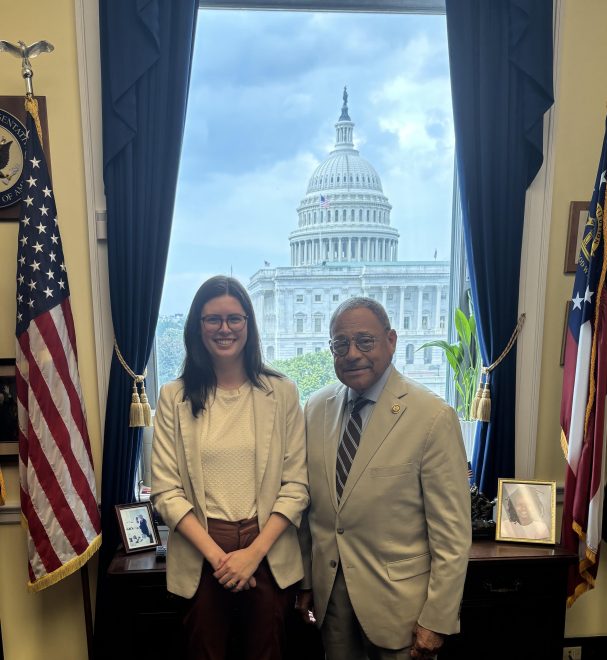Technology progresses in weather notifications
Published 4:34 pm Saturday, May 11, 2013
As technology progresses, the way people are notified of severe weather changes. Beginning April 2012, severe weather alerts were delivered first hand through mobile devices
Trending
Wireless Emergency Alerts (WEA), also known as Commercial Mobile Alert System (CMAS) or Personal Localized Alerting Network (PLAN), started sending national emergency alerts through text-like messages to users’ WEA-capable mobile devices.
Nearly 97 percent of wireless providers are participating in distributing the wireless emergency alerts.
Mobile users are not charged for the alerts.
One of the alerts users receive is imminent threat alerts.
These alerts include severe man-made or natural disasters, such as earthquakes, tornadoes and hurricanes.
The other two include presidential alerts and AMBER alerts.
Trending
The first Nationwide test of the Emergency Alert System occurred on Nov. 9, 2011.
Jim Ellis, emergency management agency director of Grady County, implemented an emergency alert system.
“When I started, we tried to develop a warning system for the county,” Ellis said. “It started with tornado preparation.”
Ellis and his team researched to find the most affordable way to reach the most people.
“We decided on an alert system by phone,” Ellis said. “It’s an early warning of severe weather for people who subscribe to it.”
Other ways people receive alerts is through social media.
“Social media is a really good way of getting good information,” Chris Jones, emergency management agency director of Thomas County, said. “We just warn people to be sure that it is a reliable, credible source for example local news channels and the weather service.”
But even the methods to alert the community developed during the Cold War such as sirens are still useful today.
“In the city of Coolidge they have a weather siren in operation,” Jones said. “It’s the only one in Thomas County, and it is definitely beneficial.”
Ellis also finds that public education is vital to recognize severe weather.
“We give talks to civic clubs, high schools and churches on what to do if you hear, see or feel severe weather.”





